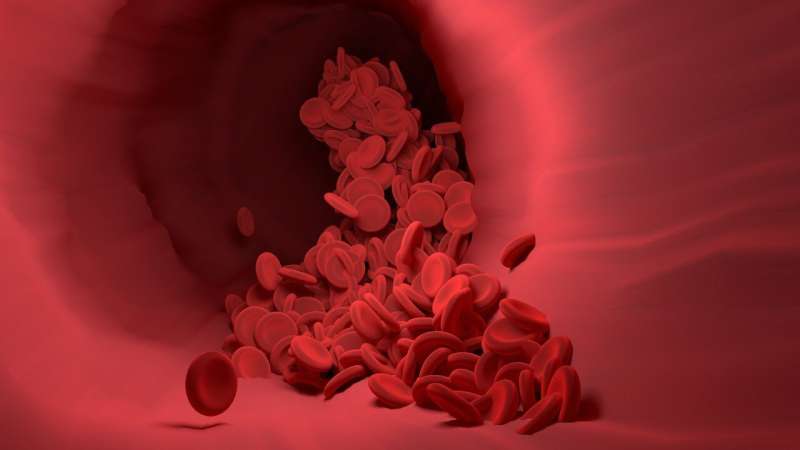Breakthrough in Drug Delivery: Enabling Oral Intake of IV Medications Through Cellular Uptake Mechanisms

A pioneering discovery in drug delivery mechanisms opens the possibility for transforming intravenous (IV) medications into oral treatments. Researchers from the University of Texas Health Science Center at San Antonio, in collaboration with Duke University and the University of Arkansas for Medical Sciences, have unveiled how large and polar drug molecules can be efficiently taken up by cells through a process called chemical endocytic medicinal chemistry.
Led by Professor Hong-yu Li, the team focused on understanding and enhancing cellular uptake pathways. They identified and optimized the interaction with CD36, a protein receptor present on many cell types, to facilitate the internalization of bulky drug compounds. This approach significantly improves the ability of drugs, traditionally limited by the 'Rule of 5' in drug development, to cross cell membranes.
Published in the journal Cell, the study demonstrates that chemically engineered molecules can engage with CD36 to enter cells rapidly and effectively, even for compounds larger than 500 Daltons. This breakthrough suggests that many drugs currently administered via injections could potentially be formulated for oral consumption, crossing the blood-brain barrier, or delivering drugs through skin tissues, thereby broadening therapeutic options.
By overcoming fundamental barriers that once restricted drug size and bioavailability, this method could revolutionize drug discovery and development. Notably, its implications extend to personalized medicine, as variations in CD36 expression may influence individual responses, especially in cancer treatments.
This discovery paves the way for a new paradigm in medicinal chemistry, emphasizing receptor-mediated cellular entry over passive diffusion. It holds promise for more accessible, effective treatments, and could prompt regulatory agencies to revisit standards for drug approval. Ongoing research aims to identify additional cell receptors that can be targeted similarly, heralding a new era in precision medicine and drug delivery strategies.
For more information, see the study: Zhengyu Wang et al, CD36-mediated endocytosis of proteolysis-targeting chimeras, Cell (2025).
Stay Updated with Mia's Feed
Get the latest health & wellness insights delivered straight to your inbox.
Related Articles
Innovative Care System Enhances Diagnostic Imaging Follow-Up and Minimizes Errors
A groundbreaking 'system of care' at Brigham and Women's Hospital reduces diagnostic errors by enhancing follow-up of diagnostic imaging, utilizing technology-driven interventions to improve patient safety.
Innovative Findings Could Enhance Hemophilia A Treatments
New research identifies structural variations in factor VIII that contribute to treatment resistance in hemophilia A, paving the way for more effective therapies.
Advanced Multimodal Deep Learning Enhances Risk Prediction for Cervical Cancer Radiotherapy
A groundbreaking multimodal deep learning model significantly improves risk prediction in cervical cancer radiotherapy, enabling personalized treatment decisions and better outcomes.



